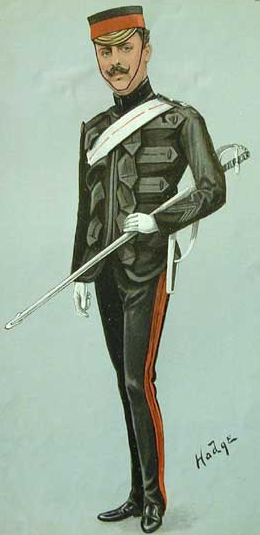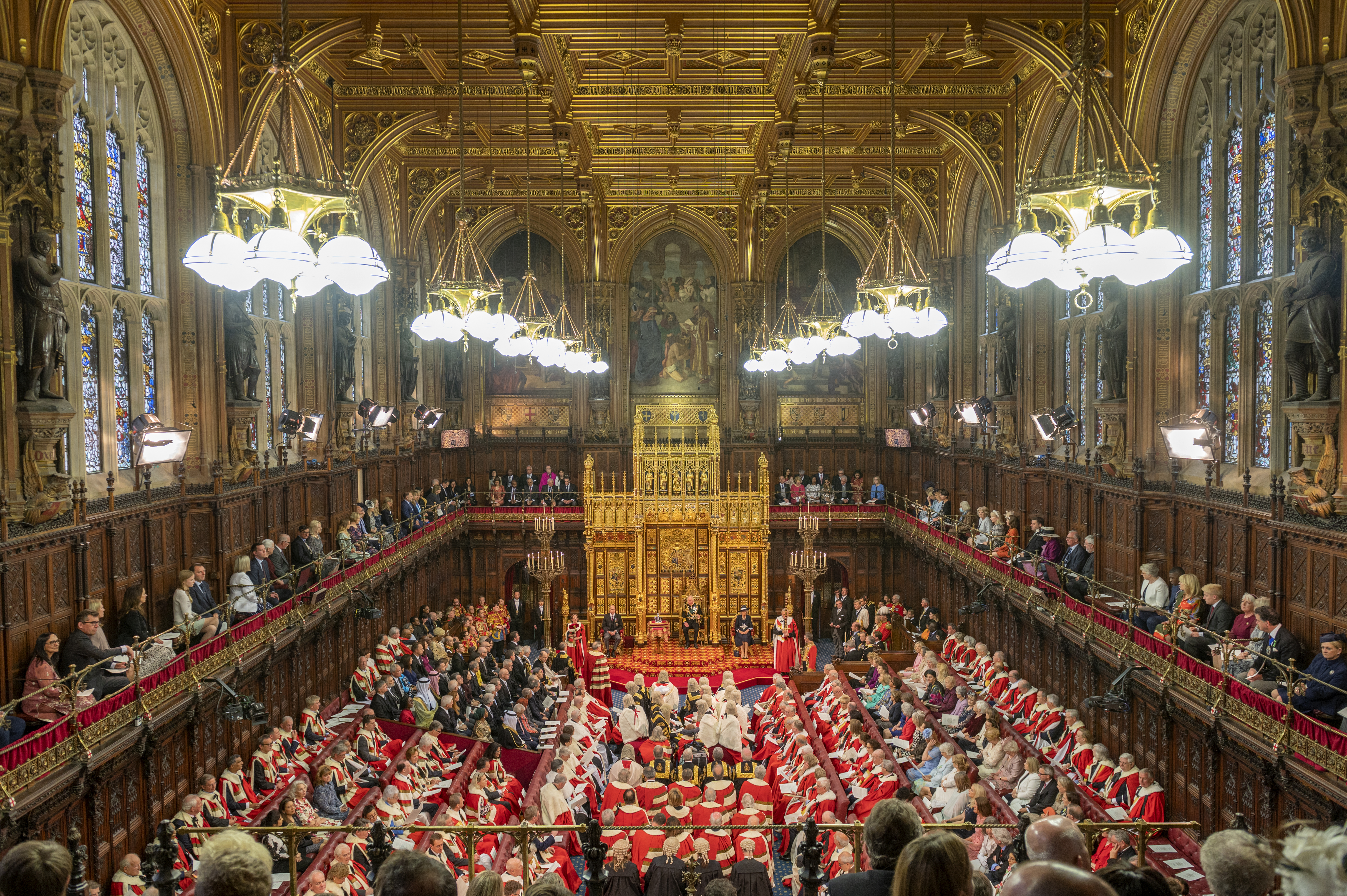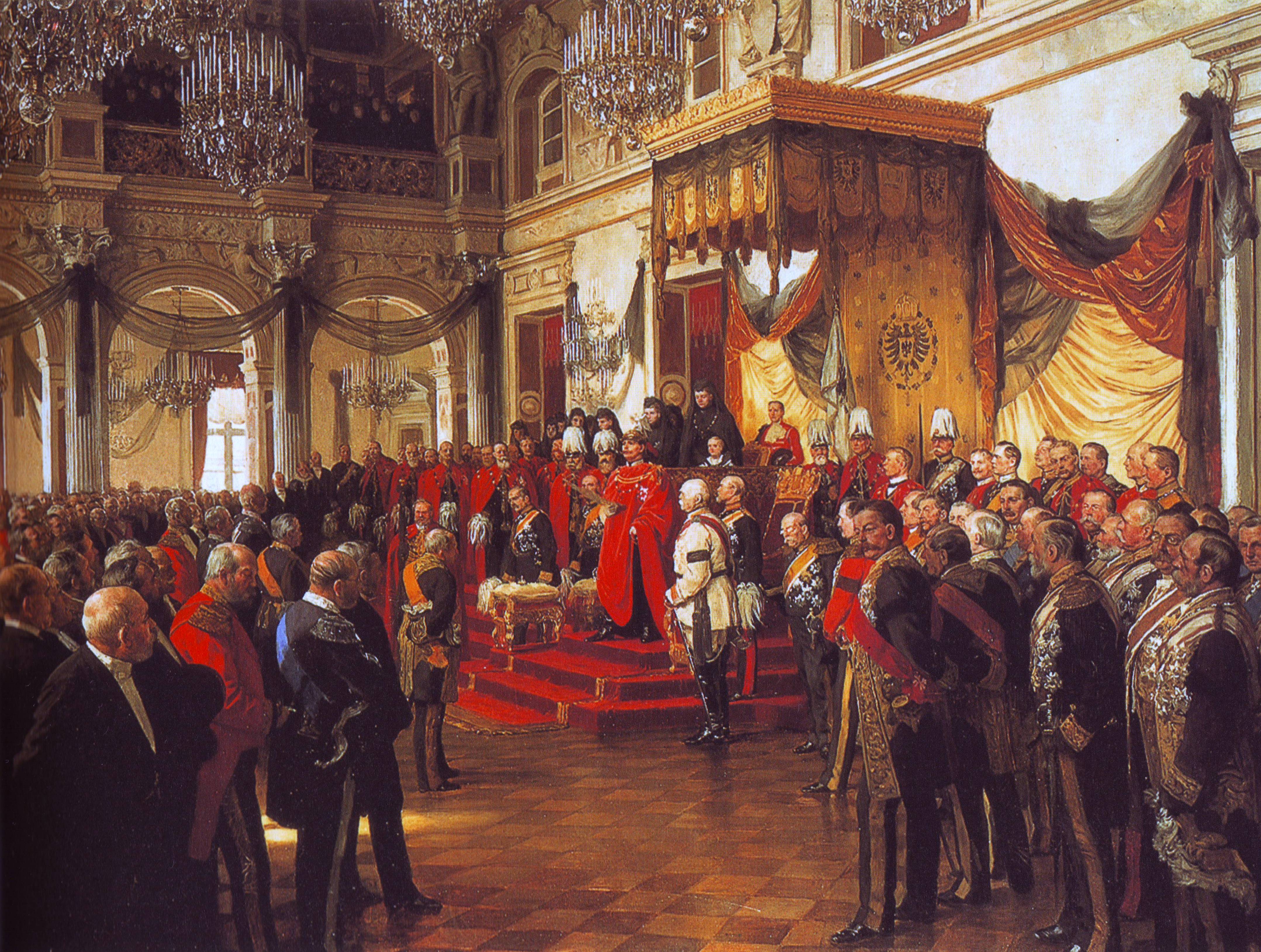|
Governor Of Northern Ireland
The governor of Northern Ireland was the principal officer and representative in Northern Ireland of the British monarch. The office was established on 9 December 1922 and abolished on 18 July 1973. Overview The office of Governor of Northern Ireland was established on 9 December 1922 under letters patent to: The governor was the successor to the Lord Lieutenant of Ireland in Northern Ireland, itself established on 3 May 1921. The office of the governor was abolished on 18 July 1973 under Section 32 of the Northern Ireland Constitution Act 1973. The secretary of state for Northern Ireland, a cabinet office that had been created in 1972, took over the functions of the governor on 20 December 1973 under Letters Patent. Analogous to the governor-general of a Commonwealth Dominion, the governor's formal power was ceremonial, exercised on the "advice" of the Government of Northern Ireland.Torrance 2020 p. 38 The government was technically an "executive committee" of the gove ... [...More Info...] [...Related Items...] OR: [Wikipedia] [Google] [Baidu] |
Excellency
Excellency is an honorific style given to certain high-level officers of a sovereign state, officials of an international organization, or members of an aristocracy. Once entitled to the title "Excellency", the holder usually retains the right to that courtesy throughout their lifetime, although in some cases the title is attached to a particular office, and is held only for the duration of that office. Generally people addressed as ''Excellency'' are heads of state, heads of government, governors, ambassadors, Roman Catholic bishops and high-ranking ecclesiastics and others holding equivalent rank (e.g., heads of international organizations). Members of royal families generally have distinct addresses ( Majesty, Highness, etc.) It is sometimes misinterpreted as a title of office in itself, but in fact is an honorific that precedes various titles (such as Mr. President, and so on), both in speech and in writing. In reference to such an official, it takes the form ''His'' ... [...More Info...] [...Related Items...] OR: [Wikipedia] [Google] [Baidu] |
Dominion
The term ''Dominion'' is used to refer to one of several self-governing nations of the British Empire. "Dominion status" was first accorded to Canada, Australia, New Zealand, Newfoundland, South Africa, and the Irish Free State at the 1926 Imperial Conference through the Balfour Declaration of 1926, recognising Great Britain and the Dominions as "autonomous within the British Empire, equal in status, in no way subordinate one to another in any aspect of their domestic or external affairs, though united by a common allegiance to the Crown and freely associated as members of the British Commonwealth of Nations". Their full legislative independence was subsequently confirmed in the 1931 Statute of Westminster. Later India, Pakistan, and Ceylon (now Sri Lanka) also became dominions, for short periods of time. With the dissolution of the British Empire after World War II and the formation of the Commonwealth of Nations, it was decided that the term ''Commonwealth country'' ... [...More Info...] [...Related Items...] OR: [Wikipedia] [Google] [Baidu] |
Disallowance And Reservation
Disallowance and reservation are historical constitutional powers that were instituted in several territories throughout the British Empire as a mechanism to delay or overrule legislation. Originally created to preserve the Crown's authority over colonial governments, these powers are now generally considered politically obsolete, and in many cases have been formally abolished. General principles In British Commonwealth and colonial territories, the legislature is typically composed of one or two legislative chambers, together with the governor-general (or colonial governor) acting in the name of the sovereign. Once a bill has passed through the chambers, it is presented to the governor-general for assent on the Sovereign's behalf. The governor-general was formally instructed (or required by the constitution or by statute) in certain circumstances to reserve a bill for the sovereign's "pleasure". That is, the governor-general would neither assent nor refuse assent to the bill, b ... [...More Info...] [...Related Items...] OR: [Wikipedia] [Google] [Baidu] |
Royal Assent
Royal assent is the method by which a monarch formally approves an act of the legislature, either directly or through an official acting on the monarch's behalf. In some jurisdictions, royal assent is equivalent to promulgation, while in others that is a separate step. Under a modern constitutional monarchy, royal assent is considered little more than a formality. Even in nations such as the United Kingdom, Norway, the Netherlands, Liechtenstein and Monaco which still, in theory, permit their monarch to withhold assent to laws, the monarch almost never does so, except in a dire political emergency or on advice of government. While the power to veto by withholding royal assent was once exercised often by European monarchs, such an occurrence has been very rare since the eighteenth century. Royal assent is typically associated with elaborate ceremony. In the United Kingdom the Sovereign may appear personally in the House of Lords or may appoint Lords Commissioners, who announc ... [...More Info...] [...Related Items...] OR: [Wikipedia] [Google] [Baidu] |
Prerogative Of Mercy
In the English and British tradition, the royal prerogative of mercy is one of the historic royal prerogatives of the British monarch, by which they can grant pardons (informally known as a royal pardon) to convicted persons. The royal prerogative of mercy was originally used to permit the monarch to withdraw, or provide alternatives to death sentences; the alternative of penal transportation to "partes abroade" was used since at least 1617. It is now used to change any sentence or penalty. A royal pardon does not overturn a conviction. Officially, this is a power of the monarch. Formally, in Commonwealth realms, this has been delegated to the governor-general of the realm, which in practice means to government ministers who advise the monarch or viceroy, usually those responsible for justice. Specifically, it has been delegated to the Lord Chancellor in England and Wales, the Scottish Ministers in Scotland, and the federal and provincial cabinets in Canada, in respect of f ... [...More Info...] [...Related Items...] OR: [Wikipedia] [Google] [Baidu] |
Great Seal Of Northern Ireland
The Great Seal of Northern Ireland is the seal used for Northern Ireland. The great seal is in the possession of the Secretary of State for Northern Ireland. The Great Seal was created by the Irish Free State (Consequential Provisions) Act 1922 on the creation of Northern Ireland for possession by the Governor of Northern Ireland to "be used for all matters in Northern Ireland for which the Great Seal of Ireland was theretofore used". This remained until the imposition of direct rule in 1972, followed by the abolition of the post of Governor in 1973, when it was presented to the Secretary of State for Northern Ireland. Design The seal was designed by Nevile Wilkinson, the Ulster King of Arms, based on the Great Seal of the Realm but with the royal coat of arms bearing an escutcheon with a red cross on a gold field, the basis of the historical coat of arms of Ulster and the sinister banner on the coat of arms of Northern Ireland, also designed by Wilkinson. The first Great ... [...More Info...] [...Related Items...] OR: [Wikipedia] [Google] [Baidu] |
George V
George V (George Frederick Ernest Albert; 3 June 1865 – 20 January 1936) was King of the United Kingdom and the British Dominions, and Emperor of India, from 6 May 1910 until his death in 1936. Born during the reign of his grandmother Queen Victoria, George was the second son of Albert Edward, Prince of Wales, and was third in the line of succession to the British throne behind his father and his elder brother, Prince Albert Victor. From 1877 to 1892, George served in the Royal Navy, until the unexpected death of his elder brother in early 1892 put him directly in line for the throne. On Victoria's death in 1901, George's father ascended the throne as Edward VII, and George was created Prince of Wales. He became king-emperor on his father's death in 1910. George's reign saw the rise of socialism, communism, fascism, Irish republicanism, and the Indian independence movement, all of which radically changed the political landscape of the British Empire, which itself r ... [...More Info...] [...Related Items...] OR: [Wikipedia] [Google] [Baidu] |
State Opening Of Parliament
The State Opening of Parliament is a ceremonial event which formally marks the beginning of a session of the Parliament of the United Kingdom. It includes a speech from the throne known as the King's (or Queen's) Speech. The event takes place in the House of Lords chamber on the first day of a new session, which is usually in May or June, and traditionally in November, but can occur at any time of year depending on the timing of General Elections and parliamentary session start dates. It takes place in front of both Houses of Parliament. The monarch, wearing the Imperial State Crown, reads a speech that has been prepared by his or her government outlining its plans for that parliamentary year. The most recent ceremony was held on 10 May 2022. Queen Elizabeth II opened every session of Parliament during her reign, except in 1959, 1963, and 2022. In 1959 and 1963, she was pregnant with Prince Andrew and Prince Edward respectively and those two sessions were opened by Lords ... [...More Info...] [...Related Items...] OR: [Wikipedia] [Google] [Baidu] |
Speech From The Throne
A speech from the throne, or throne speech, is an event in certain monarchies in which the reigning sovereign, or a representative thereof, reads a prepared speech to members of the nation's legislature when a session is opened, outlining the government's agenda and focus for the forthcoming session, or in some cases closed. When a session is opened, the address sets forth the government's priorities with respect to its legislative agenda, for which the cooperation of the legislature is sought. The speech is often accompanied with formal ceremony and is often held annually, although in some places it may occur more or less frequently, whenever a new session of the legislature is opened. Historically, when monarchs exercised personal influence and overall decision-making in government, a speech from the throne would outline the policies and objectives of the monarch; the speech was usually prepared by the monarch's advisers, but the monarch supervised the drafting of the spee ... [...More Info...] [...Related Items...] OR: [Wikipedia] [Google] [Baidu] |
Stormont Castle
Stormont Castle is a manor house on the Stormont Estate in east Belfast which is home to the Northern Ireland Executive and the Executive Office. It is a Grade A listed building. History Stormont Castle was completed c.1830 and was reworked in 1858 by its original owners, the Cleland family, to the designs of Thomas Turner in the Scottish baronial style with features such as bartizans used for decorative purposes. The building and of adjoining land was bought by the newly established Government of Northern Ireland for £15,000 in 1921. Between 1921 and 1972, it served as the official residence of the Prime Minister of Northern Ireland. However, a number of Prime Ministers chose to live at Stormont House, the official residence of the Speaker of the House of Commons of Northern Ireland, which was empty as a number of Speakers had chosen to live in their own homes. It also served as the meeting place for the Cabinet of the Government of Northern Ireland from 1921 to 1972. With ... [...More Info...] [...Related Items...] OR: [Wikipedia] [Google] [Baidu] |
Parliament Of Northern Ireland
The Parliament of Northern Ireland was the home rule legislature of Northern Ireland, created under the Government of Ireland Act 1920, which sat from 7 June 1921 to 30 March 1972, when it was suspended because of its inability to restore order during The Troubles, resulting in the introduction of Direct Rule. It was abolished under the Northern Ireland Constitution Act 1973. The Parliament of Northern Ireland was bicameral, consisting of a House of Commons with 52 seats, and an indirectly elected Senate with 26 seats. The Sovereign was represented by the Governor (initially by the Lord Lieutenant), who granted royal assent to Acts of Parliament in Northern Ireland, but executive power rested with the Prime Minister, the leader of the largest party in the House of Commons. House of Commons The House of Commons had 52 members, of which 48 were for territorial seats, and four were for graduates of Queen's University, Belfast (until 1969, when the four university seats were r ... [...More Info...] [...Related Items...] OR: [Wikipedia] [Google] [Baidu] |
Prorogation In The United Kingdom
In United Kingdom constitutional law, prorogation is an act usually used to mark the end of a parliamentary session. Part of the royal prerogative, it is the name given to the period between the end of a session of the UK Parliament and the State Opening of Parliament that begins the next session. The average length of prorogation since 2000 (i.e. calendar days between the date of a new session and prorogation of the previous Session) is approximately 18 days. The parliamentary session may also be prorogued before Parliament is dissolved. The power to prorogue Parliament belongs to the monarch, on the advice of the Privy Council. Like all prerogative powers, it is not left to the personal discretion of the monarch but is to be exercised, on the advice of the prime minister, according to law. Procedure and recall By current practice, Parliament is prorogued by commissioners acting in the sovereign's name. Parliament is always prorogued to a definite day. Parliament, while prorog ... [...More Info...] [...Related Items...] OR: [Wikipedia] [Google] [Baidu] |







.jpg)